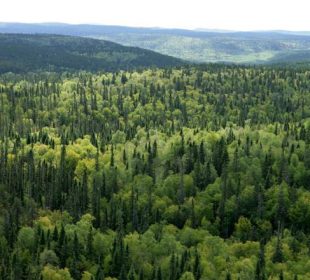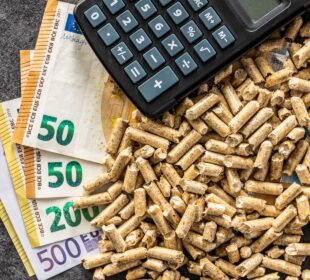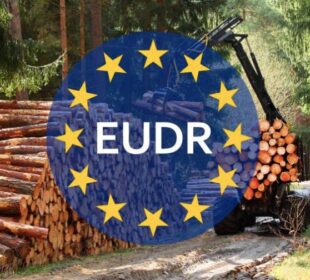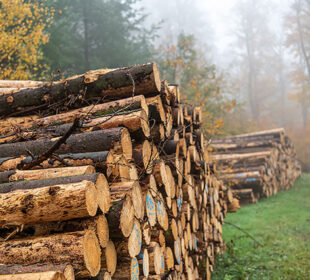The condition of German forests has deteriorated to record levels due to fire, drought and a bark beetle infestation, the agriculture minister said last week, prompting calls from environmental groups for greener policies.
More trees died in 2020 than ever before and only 21% of trees under observation had an intact canopy, an indication of how healthy a tree is, an annual survey on forests found. That was the lowest value since assessment began in 1984.
Germans, who pride themselves on their environmental awareness and whose culture and history are steeped in woodland legend, are concerned about the state of forests, which cover 11.4 million hectares, a third of the country’s area.
“We need our trees and forests in Germany: as climate protection, habitats for diverse fauna and flora, air and water purifiers, carbon dioxide reservoirs, employers or as recreation for humans,” Agriculture Minister Julia Kloeckner said.
The study, which examines the condition of 10,000 trees each year, showed that a record 1.7 percent of the trees under observation died between 2019 and 2020, almost 10 times the average.
Particularly hard hit were spruce trees, about 4.3% of which died. The study cited an infestation of bark beetles as the main cause. This was made worse due to a dry summer which enabled the beetles to get deep into barks.
It also blamed storms, drought and forest fires in the past three years for massively damaging German forests.
Deciduous beech trees were also hit by canopy thinning, meaning trees were missing much of their normal leaf mass, a trend that has been clear over the last decade.
“Crown condition is like a medical thermometer, it shows how the trees are doing. The survey shows: our forests are sick,” said Kloeckner.
The government has already pledged about 1.5 billion euros in funding for municipal and private forest owners, but green groups demand more action.
“The situation is serious. The German government must finally take effective climate protection measures and at the same time massively reduce polluting emissions from transport, industry and agriculture,” said the BUND nature group.
















